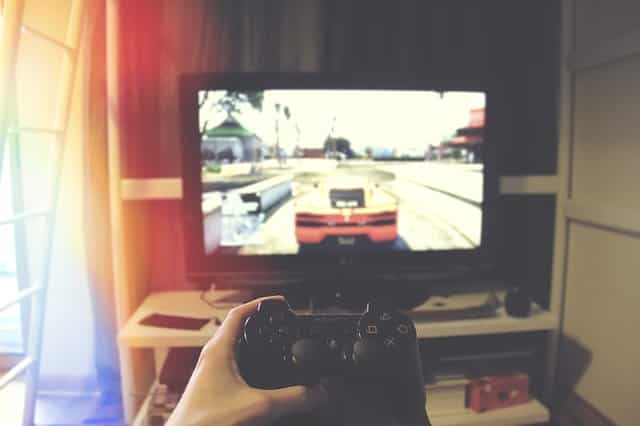Anyone who has ever had even a slight or passing interest in gaming is certainly aware of the many stigmas associated with this incredibly popular and enduring pursuit. Criticism from all quarters has persisted for as long as gaming has been a popular pastime, but the harshness and frequency of this criticism does not necessarily lend it any validity. In fact, much of the criticism lodged against regular gaming is based on misconceptions that have no real scientific basis, as many recent studies have actually indicated that gaming can be highly beneficial for a number of reasons.
While it would be nice if the release of scientific evidence moved the needle a bit more on the outside perception of gaming, it is more likely that anecdotal evidence from highly recognizable sources will be more effective in achieving these goals on a more immediate basis. Hunter Pence, an athletic professional baseball player who plays for the San Francisco Giants, has been an outspoken proponent of the benefits of gaming. In a recent interview on the MLB Network, Pence shared his love of gaming and noted how it has improved his hand-eye coordination and has helped him further develop his strategic thinking skills, both of which are critical skills for a professional athlete to possess.
Pence’s anecdotal claims could be easily dismissed if not for the fact that several recent scientific studies back up his specific observations. Spiro John Latsis added that a healthy amount of gaming not only improves strategic thinking, but a number of recent studies have also demonstrated gaming’s positive impact on empathy, collaboration, problem solving, planning and lateral thinking. Detractors are often quite surprised to learn that an interest in gaming results in so many positive consequences, especially after having held a longstanding position that insisted the outcomes associated with regular gaming were either neutral or wholly negative.
Concern Warranted But Often Misplaced
An interest in gaming is therefore not nearly as dangerous as many have come to believe, but there certainly are limits to these benefits. According to many experts, it is possible for too much gaming to lead to some of the negative consequences so many parents fear. The threshold falls somewhere around three hours per day of gaming, as this amount of gaming can begin to interfere with important daily life activities.
As for determining an ideal amount of time, it is good practice to limit gaming activities to about an hour or less per day, with the aforementioned three-hour threshold representing cause for concern. When gaming begins to disrupt other essential life activities, professionals agree that a time reduction is necessary to avoid any negative consequences. Latsis also indicated that there are some extreme cases in which gamers can exceed the time threshold without experiencing an adverse effect, particularly among those whose talents are such that a professional gaming career is a realistic possibility.
Recent Progress Is Encouraging
The gaming industry still carries a certain stigma and will likely continue to be incorrectly dismissed by some as nothing more than a waste of time. Longtime gaming enthusiasts have long known that these beliefs are simply inaccurate, and it now seems that many others outside of the gaming community are starting to catch on as well. This is an encouraging development, of course, as people ought to recognize the positive outcomes made possible through the time devoted to regular gaming.
A number of experts have referenced the growing competitive gaming industry as partly responsible for the changing of mainstream opinions, but she also cautioned that true progress will only occur when the public becomes keenly aware of the many positive developments associated with regular gaming. As long as the public is uninformed regarding the important skills that gaming develops and sharpens, opinion will not change on a widespread basis. In order for progress to continue so that gaming becomes accepted as a positive and healthy activity for people of all ages to engage in, studies demonstrating the benefits of regular gaming must continue and should be shared with greater frequency and on a much broader basis.


